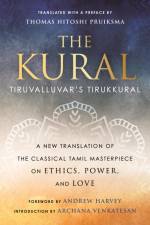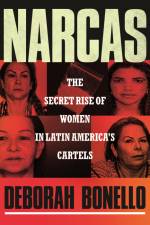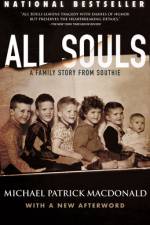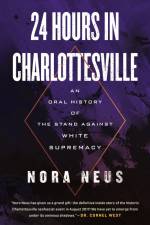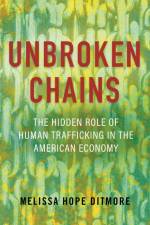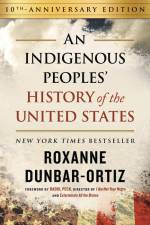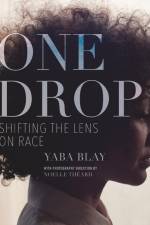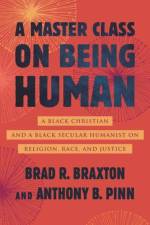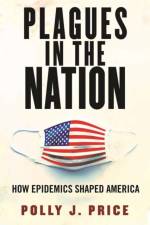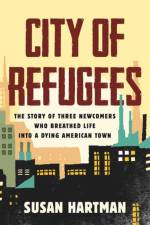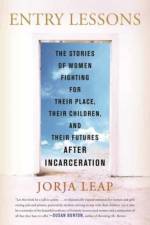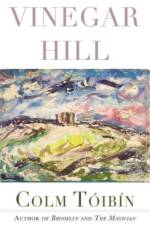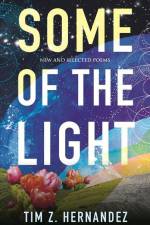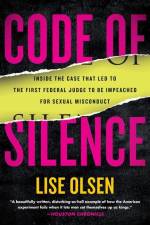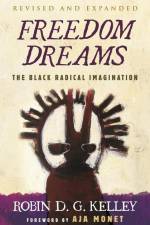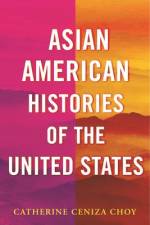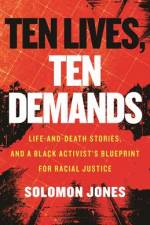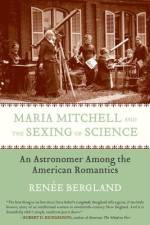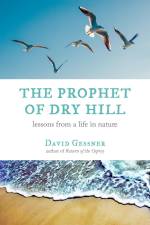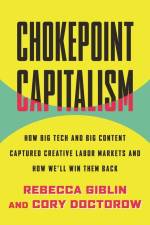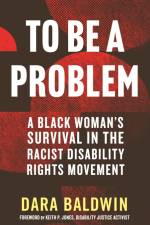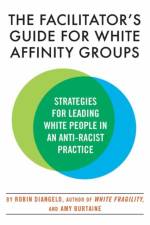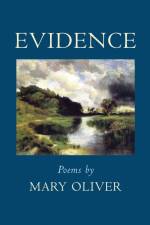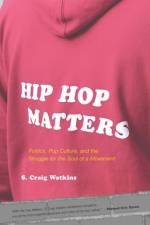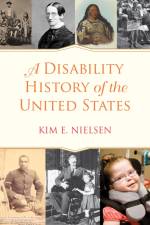av Susan Hartman
221
A gripping portrait of refugees who forged a new life in the Rust Belt, the deep roots they’ve formed in their community, and their role in shaping its culture and prosperity. "This is an American tale that everyone should read. . . . The storytelling is so intimate and the characters feel so deeply real that you will know them like neighbors."—Jake Halpern, author of Welcome to the New World War, persecution, natural disasters, and climate change continue to drive millions around the world from their homes. In this “tender, intimate, and important book—a carefully reported rebuttal to the xenophobic narratives that define so much of modern American politics” (Sarah Stillman, staff writer, The New Yorker), journalist Susan Hartman follows 3 refugees over 8 years and tells the story of how they built new lives in the old manufacturing town of Utica, New York. Sadia, a Somali Bantu teenager, rebels against her mother; Ali, an Iraqi interpreter, creates a home with an American woman but is haunted by war; and Mersiha, a Bosnian baker, gambles everything to open a café. Along the way, Hartman “illuminates the humanity of these outsiders while demonstrating the crucial role immigrants play in the economy—and the soul—of the nation" (Los Angeles Times). The 3 newcomers are part of an extraordinary migration over the past 4 decades; thousands fleeing war and persecution have transformed Utica, opening small businesses, fixing up abandoned houses, and adding a spark of vitality to forlorn city streets. Utica is not alone. Other Rust Belt cities—including Buffalo, Dayton, and Detroit—have also welcomed refugees, hoping to jump-start their economies and attract a younger population. City of Refugees is a complex and poignant story of a small city but also of America—a country whose promise of safe harbor and opportunity is knotty and incomplete, but undeniably alive.


